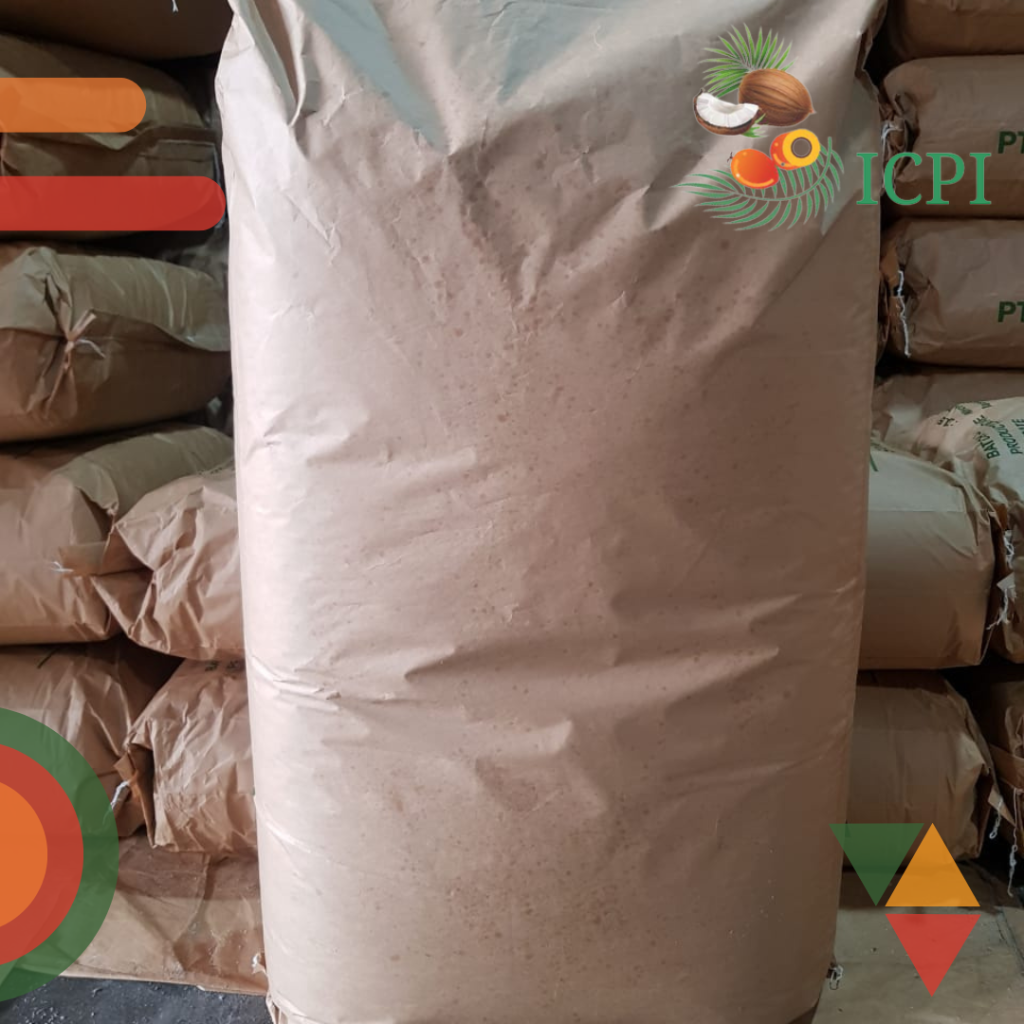Introduction
Desiccated coconut export from Indonesia is gaining strong momentum as global demand rises for natural, plant-based food ingredients. Indonesia, one of the world’s largest coconut producers, is becoming a preferred source of high-quality desiccated coconut for international markets. This dried and grated coconut product is now essential in many food sectors including bakery, confectionery, and health-focused snacks.
Why Desiccated Coconut Export from Indonesia is Booming
Desiccated coconut has several benefits that support its global popularity:
- Long shelf life and easy storage
- High in dietary fiber and nutrients
- Free from preservatives when organically processed
- Suitable for vegan, gluten-free, and natural diets
These advantages make desiccated coconut export from Indonesia attractive to importers in Europe, Asia, the Middle East, and North America.
Indonesia’s Competitive Advantage
Indonesia offers a competitive edge in the global market due to:
- Vast coconut plantations in Sumatra, Java, Sulawesi, and Maluku
- Skilled workforce and decades of production experience
- Export-ready logistics and access to global ports
According to trade data, desiccated coconut export from Indonesia continues to rise, competing closely with the Philippines and Sri Lanka.
Export Market Trends
Key trends driving this export market include:
- Increased demand for plant-based and functional foods
- Growth of gluten-free and clean-label products
- Expanding food industries in Asia, the Middle East, and North America
Major importing countries are the U.S., Germany, Japan, the Netherlands, and the UAE.
Quality Standards and Certifications
To meet international standards, Indonesian desiccated coconut exporters must adhere to:
- HACCP and ISO food safety standards
- Organic and Halal certifications
- Strict moisture content and purity levels
These certifications ensure product safety, opening doors to premium markets.
Challenges and Opportunities
While the market potential is strong, challenges such as price volatility, competition from other producing countries, and the need for consistent quality remain. However, these are offset by opportunities in niche markets—such as organic, fair trade, and private label products.
Conclusion
With its vast coconut resources and growing global demand, desiccated coconut export from Indonesia offers a significant opportunity for international buyers and local producers alike. By maintaining quality, sustainability, and innovation, Indonesia is well-positioned to expand its presence in the global coconut industry. For more information regarding your order, please use the link provided or get in touch with us on WhatsApp.





